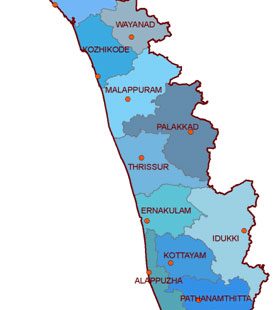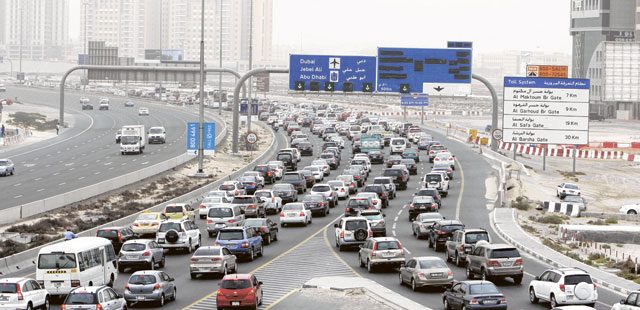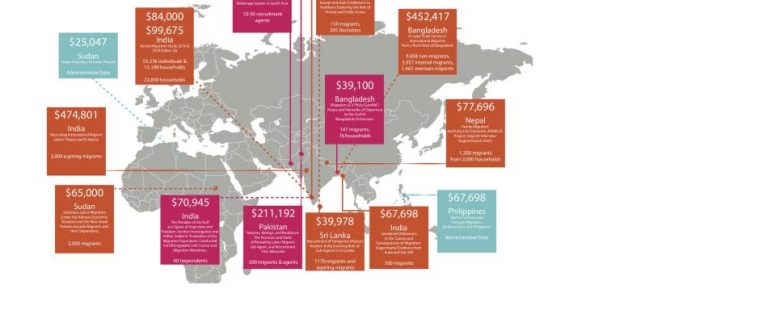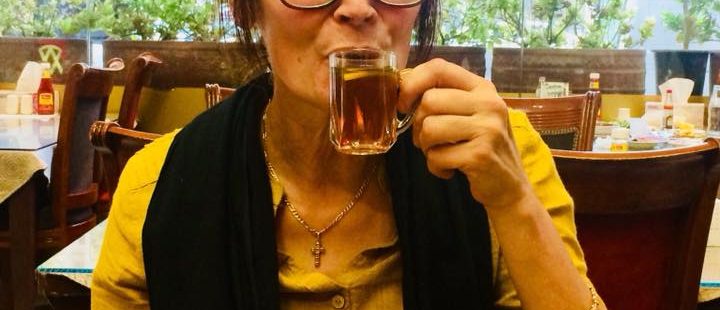Instagram Chronicle of Gulf migration and memories
Here is an extraordinarily rich and well-curated account of Gulf – South Asia connections from Ayesha, who has been working for some time now on this. What’s especially exciting about this project is that it is coming from people who themselves have been part of this history; that it takes us back to some of the earliest photographically-recorded moments and memories; and that it acknowledges the two-way nature of these









